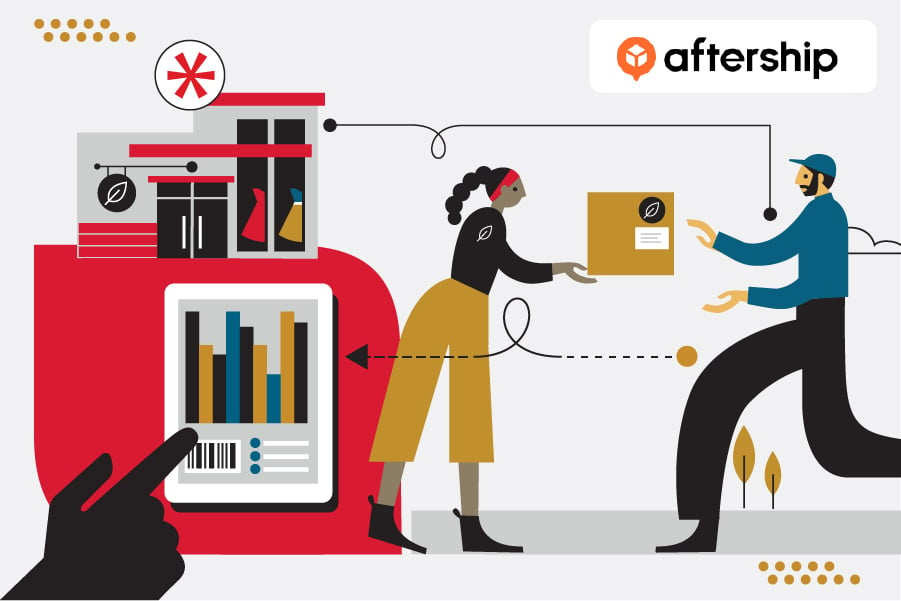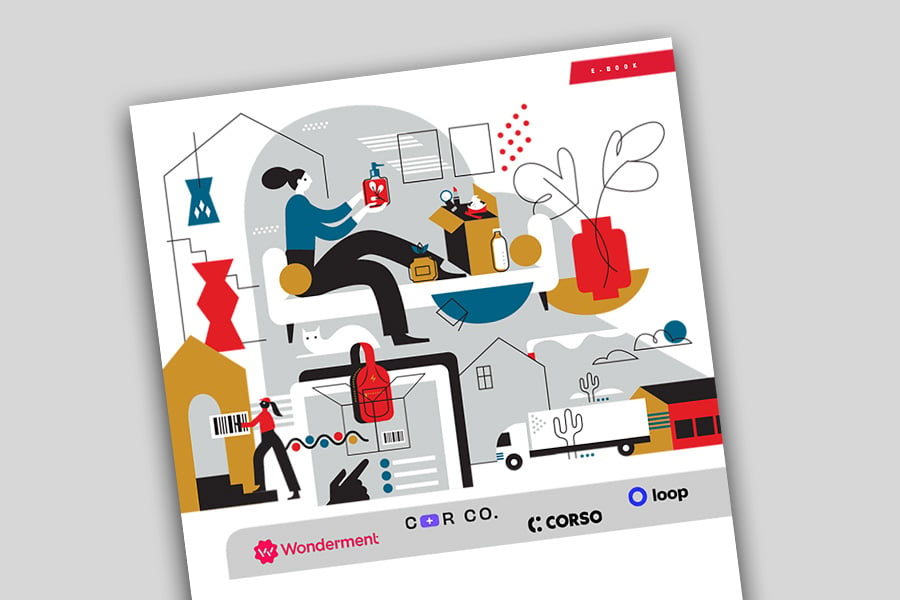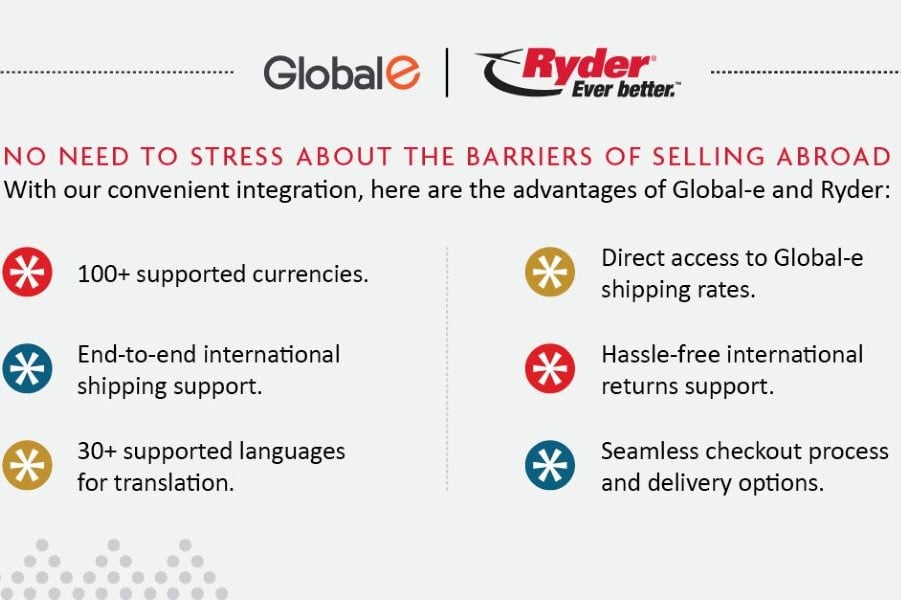With the direct-to-consumer model skyrocketing and becoming more popular, D2C brands like Brunt Workwear were taking full advantage of the growing market; and the global pandemic only made the prospects even greater to do so.
Positioned to scale, Brunt, who created boots specifically for the skilled worker in mind, needed assistance to propel forward. Primarily, they needed a tech-focused partner that was advanced in inventory management, that could handle their high-volume SKU counts, and their rapid turnaround process, to meet the increasing online demand.
After being introduced to Ryder, they realized they found the provider they were looking for. Offering them real-time inventory management capabilities and a large distribution network that could deliver a fast and affordable solution to their customers.
“The Ryder platform offered us this unique interface where we could see what was happening in the warehouse in real-time. It made us really comfortable to make the switch because we knew that we didn’t need to be close by to monitor what was happening.” Eric Girouard, Founder and CEO of Brunt Workwear.




